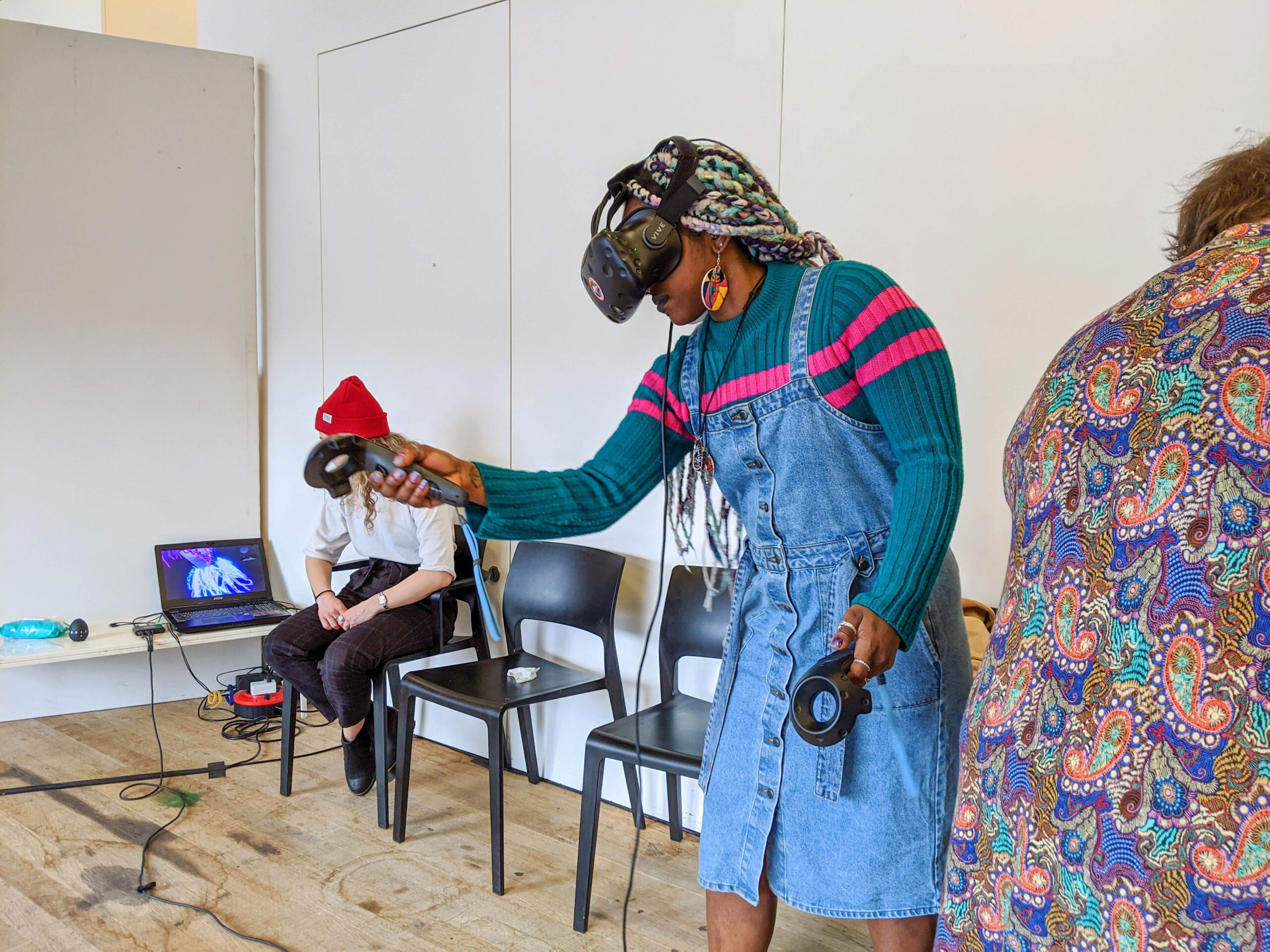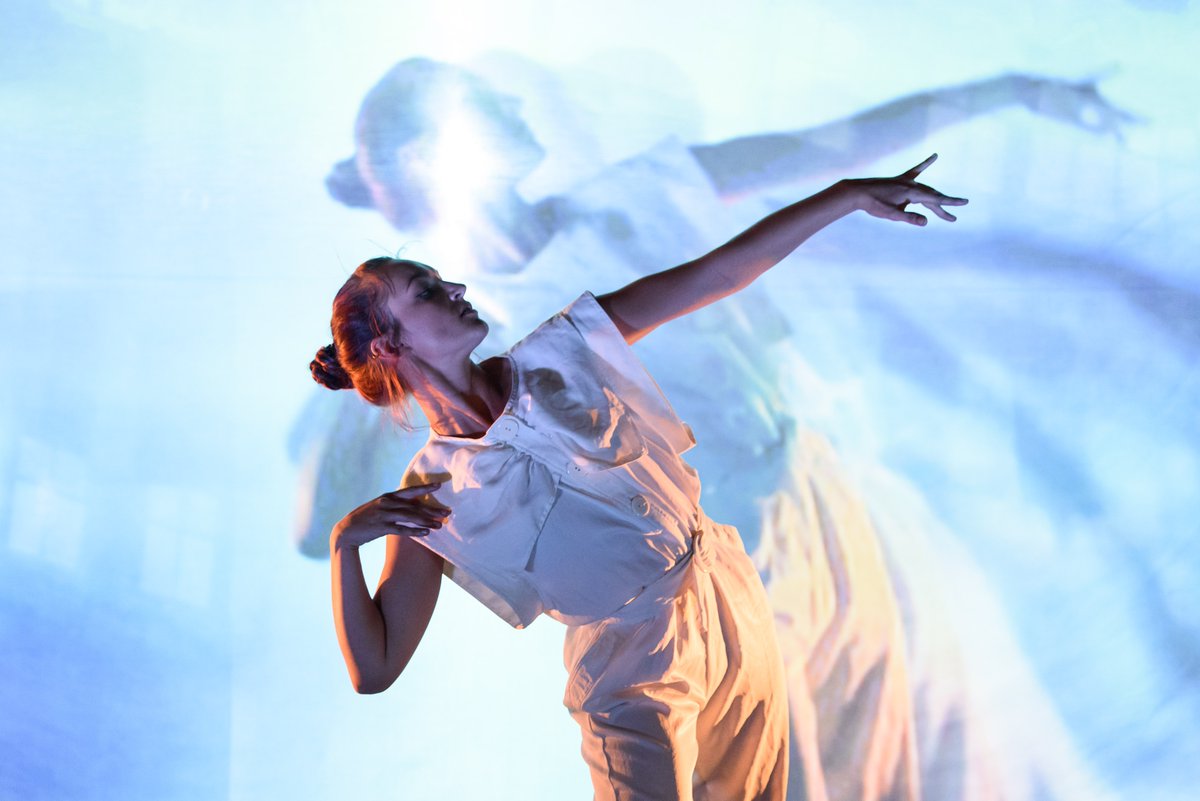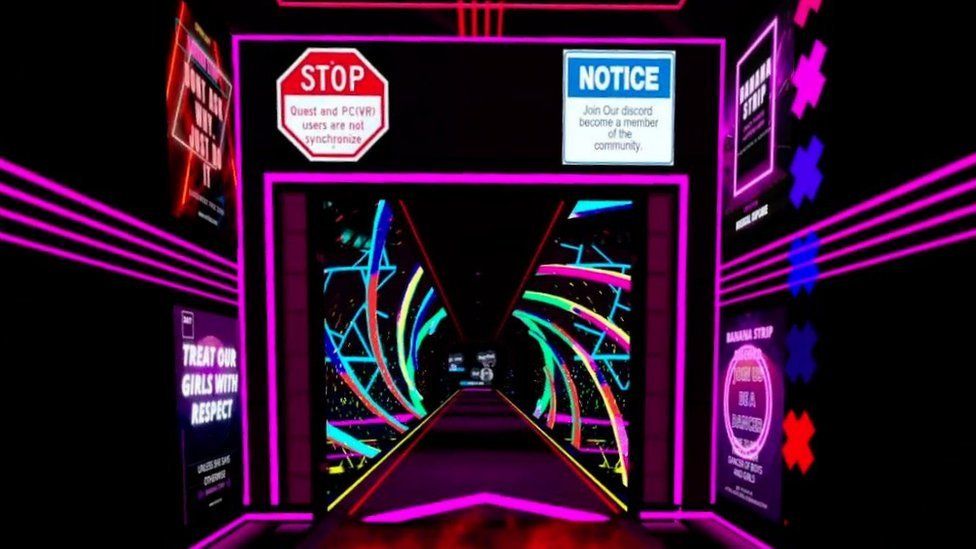Donna Close: I think that is interesting too, the idea for this editorial came about against a backdrop of awful examples of how women like Bibaa Henry, Nicole Smallman and Sarah Everard and many others are unsafe in public space and that the supposed neutral governance and regulation of these spaces does not serve everyone equally.
Prof Helen Kennedy: It feels increasingly urgent to intervene in the public discourses around our technofutures and around our occupation of virtual spaces as well as actually, you know, real spaces. There’s a whole sense, we’ve talked about this, the sense that women don’t have freedom of movement, that others don’t have freedom of movement, whether they’re trans people, whether they’re people of colour, whether they’re women, they don’t have the same kind of freedoms of movement within public spaces in our material world. And the very same kind of problematic exclusions are being repeated and baked-in to the way in which our virtual worlds are being created. Nina Jane Patel (one of our contributors) talks with great passion about how negative behaviours in digital space can have a devastating effect on our wellbeing.
And so, it feels urgent to me to find ways of intervening and creating space for some different voices, and particularly voices from people who are actually trying to be active in this space, not just for themselves, but for others. So, looking for women who are doing work around inclusion, around opening up the conversation, really importantly. So, that felt like a set of voices that we really wanted to hear. Not just to hear about themselves, but about the kinds of disruptive practices that they’re already engaged with – and we weren’t able to include everyone.
However, our four contributors have given us an extraordinary insight into both the meaningful interventions that they’re making, and also the bigger ambitions about the different worlds they want to bring into being. The different stories they want to tell, the different people they want to take with them on that journey of telling and of creation of world.
Our four contributors are:
- Nina Jane Patel, Co-founder of Kabuni
- Verity McIntosh, Senior lecturer in Virtual and Extended Realities at the University of the West of England
- Nina Salomons, Co-Founder of Anomie XR,
- Catherine Allen, CEO of Limina Immersive,
They represent a broad range of interventions, from the diversity training and creative approach of Nina Salomons to the research-led policy approach from Catherine Allen.
Donna Close: Yes, and there is a common approach about how open and collaborative all our guests are – how quick to recommend other people and to signpost to best practice they have come across. This generosity of spirit is another aspect I associate with the world of outdoor arts and festivals – sometimes it is about creating highly curated but open spaces where people can go on their own adventures.
Prof Helen Kennedy: I completely agree. I think our four participants have thought about things differently through having these conversations. And they have shown a picture of that constellation, those networks within which they themselves belong, and how those networks are themselves really important resources for their own becoming and their own intervention and they want to share these with others. I hope our readers enjoy the conversations and take this as a starting point for their own journeys.
The series of articles will be released weekly throughout September, starting with our first contributor, Nina Jane Patel.













